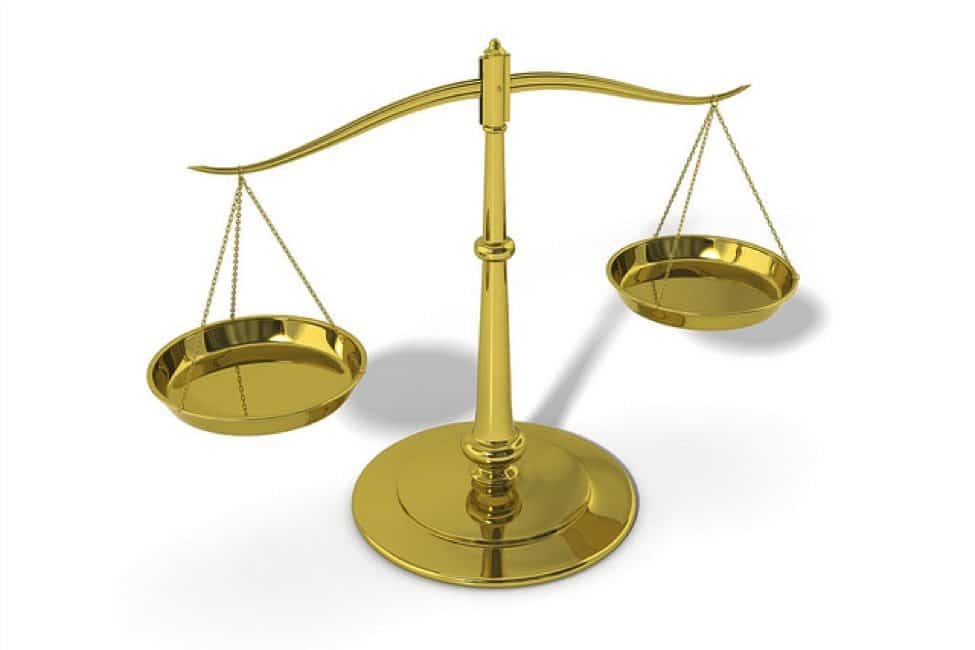Tag: cybersquatting

Someone Registered my Personal Name as a Domain Name
Did someone register your personal name as a domain name? You may have a cause of action against that person for a violation of the Anticybersquatting Consumer Protection Act (ACPA), sometimes known as domain squatting a personal name. What is the ACPA? The ACPA is a federal law enacted in 1999 used to prevent people from… READ MORE

An Overview of Cybersquatting Laws
Consider the following scenario: You’re a successful business owner, and you have a customer base that’s expanding daily. Recently, you decided it’s time to start a website to continue growing your business, but when you try to register your trademark as your domain name, you find out someone else already owns it. Without warning, you… READ MORE
Why Businesses Need an Internet Attorney
There are very few businesses in existence today that can function without the Internet or an Internet attorney. The new technologies involving digital communications and the way they are utilized by business are constantly changing. With this emerging technology comes the need for laws to regulate the activities of companies conducting business online and around… READ MORE

Here is How to Fix the UDRP
Today at Namescon I had the pleasure of watching three of my esteemed colleagues, Nat Cohen of Telepathy, Inc., Jason Schaeffer of Esqwire.com, and Zak Muscovitch of DNAttorney.com, examine three of the most shocking UDRP decisions of 2016. These decisions involved overreaching trademark owners, extraterritorial trademark rights, and panelist conflict of interests. In listening to… READ MORE

Will UDRP Help If You’ve Suffered Domain Theft?
The Uniform Domain Name Dispute Resolution Policy (“UDRP”) was created by the Internet Corporation for Assigned Names and Numbers (“ICANN”) and was introduced in 1999 to create a dispute resolution system for domain name issues. Registrants of domain names enter into contractual agreements with the issuer of the domain name (the “registrar”). Often, part of… READ MORE

Michigan Court Decided Unique Cybersquatting Issue
Over the last fifteen years, federal courts in Michigan have heard nearly 50 cases involving alleged violations of the Anticybersquatting Consumer Protection Act (ACPA). Although each has contributed to a better understanding of cybersquatt…
ACPA Protections Increase in New Ruling
On December 16th, an opinion from the Eleventh Circuit Court of Appeals boosted the number of appellate courts agreeing to an interpretation of a rule related to trademarks and domain names. The court held that re-registering a domain name,…

Cybersquatting and the Bad Faith Intent to Profit
The Anticybersquatting Consumer Protection Act (ACPA) creates a civil cause of action against someone who registers, traffics in, or uses a domain name that is confusingly similar to, or dilutive of, a trademark or personal name. Significantly, a person accused of violating the ACPA must have “a bad faith intent to profit” from the domain name to be found liable. Bad faith may seem like a vague concept, but the lawmakers who wrote the ACPA provided nine factors that might demonstrate whether one has acted in bad faith. Fortunately, the Internet attorneys at Revision Legal are very familiar with the ACPA, and we’d like to take the opportunity to explain these factors.

An Overview of Cybersquatting Laws
Consider the following scenario: You’re a successful business owner, and you have a customer base that’s expanding daily. Recently, you decided it’s time to start a website to continue growing your business, but when you try to register your trademark as your domain name, you find out someone else already owns it. Without warning, you… READ MORE

Can the ACPA Help Victims of Domain Theft?
The Anticybersquatting Consumer Protection Act (“ACPA”) is a federal statute that creates a civil course of action under intellectual property. Specifically, the statute is for owners of certain marks pursuing civil action against registrants of domain names that can negatively impact those marks and their owners. To be successful under the ACPA, the owner of… READ MORE